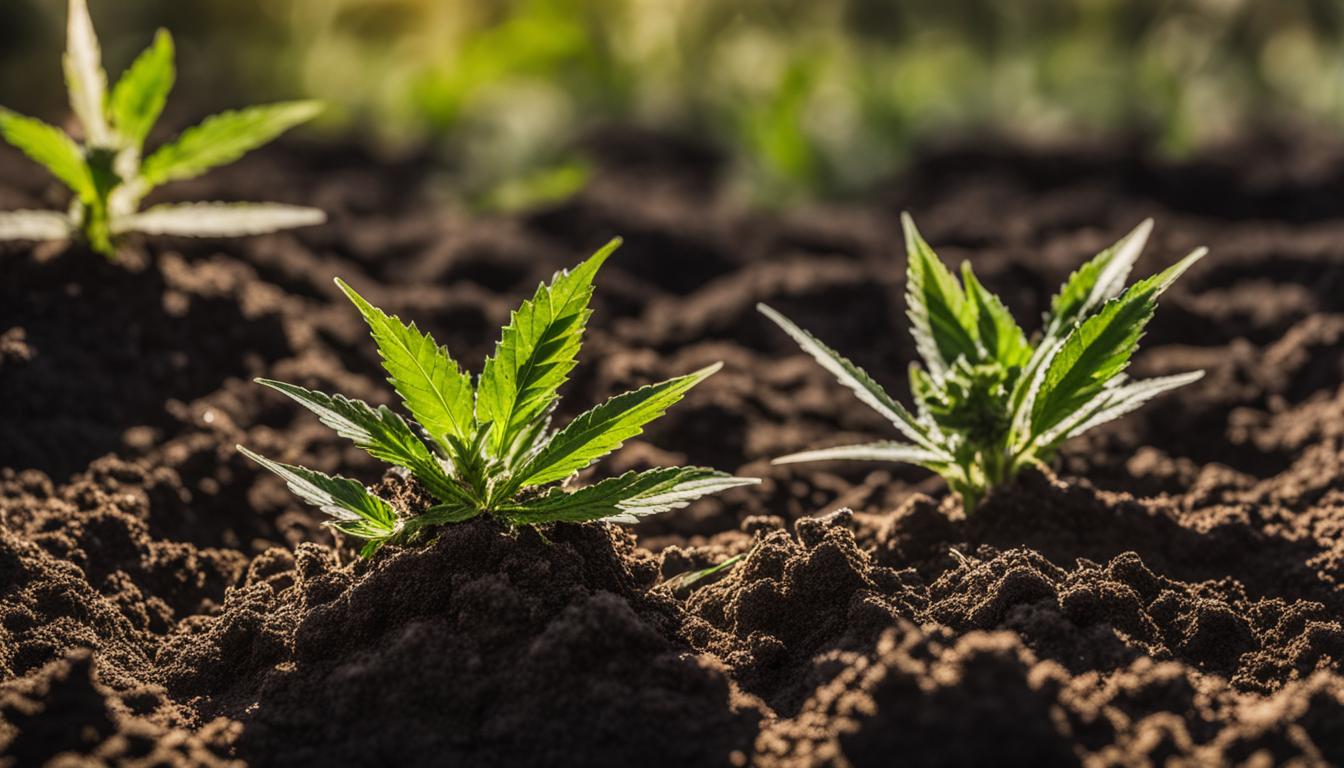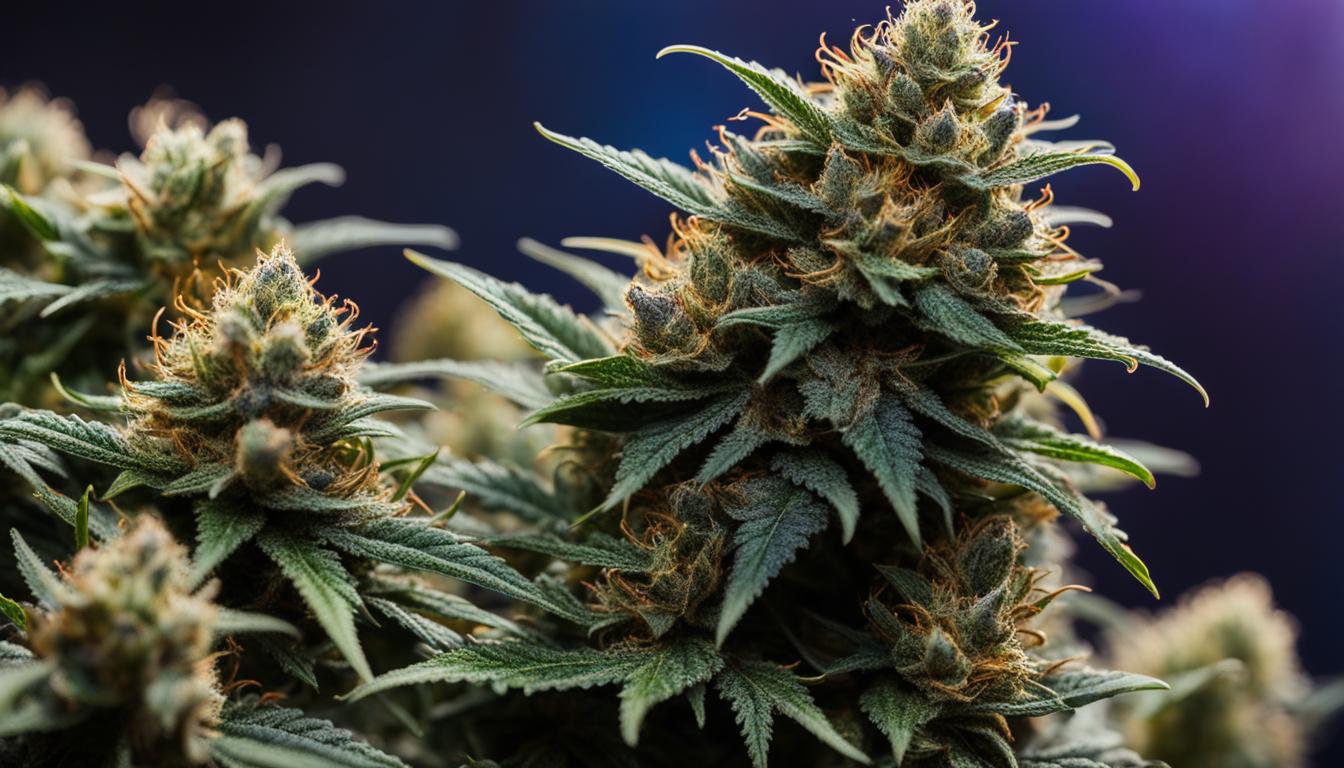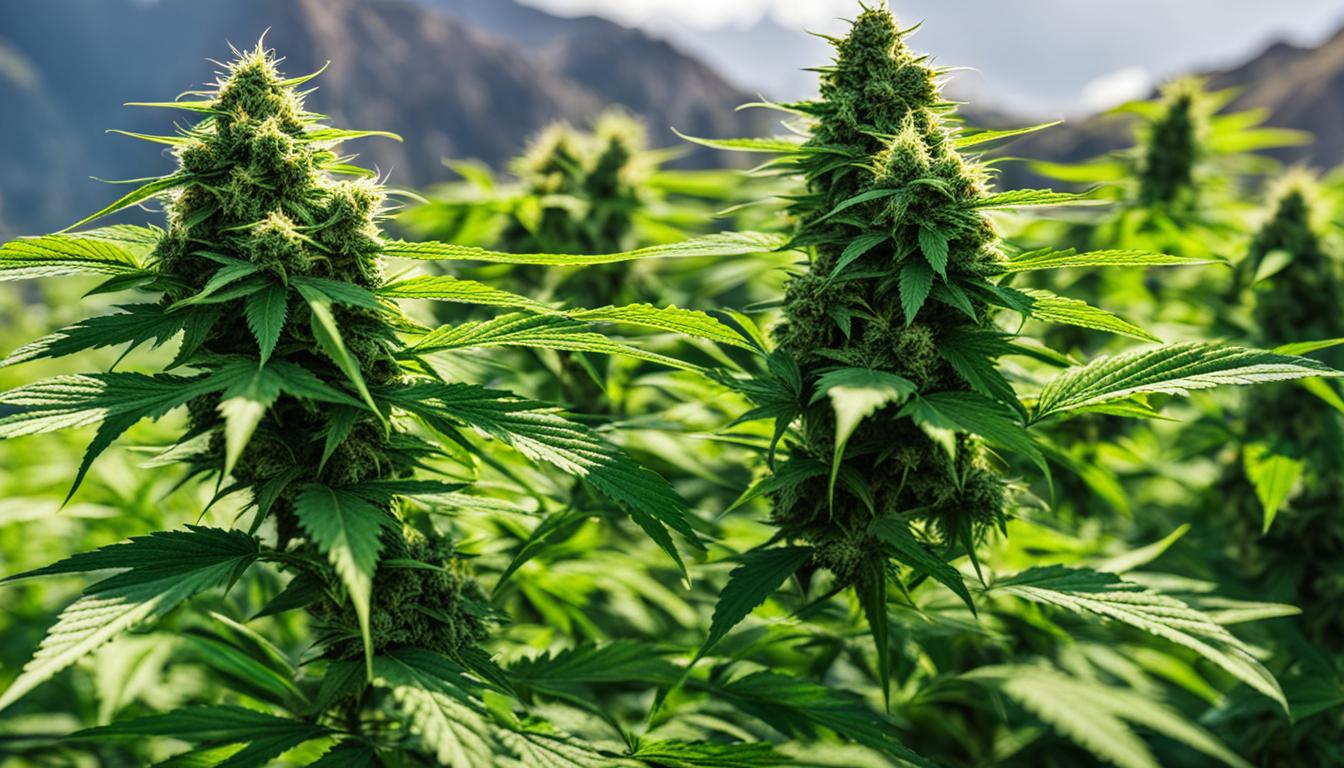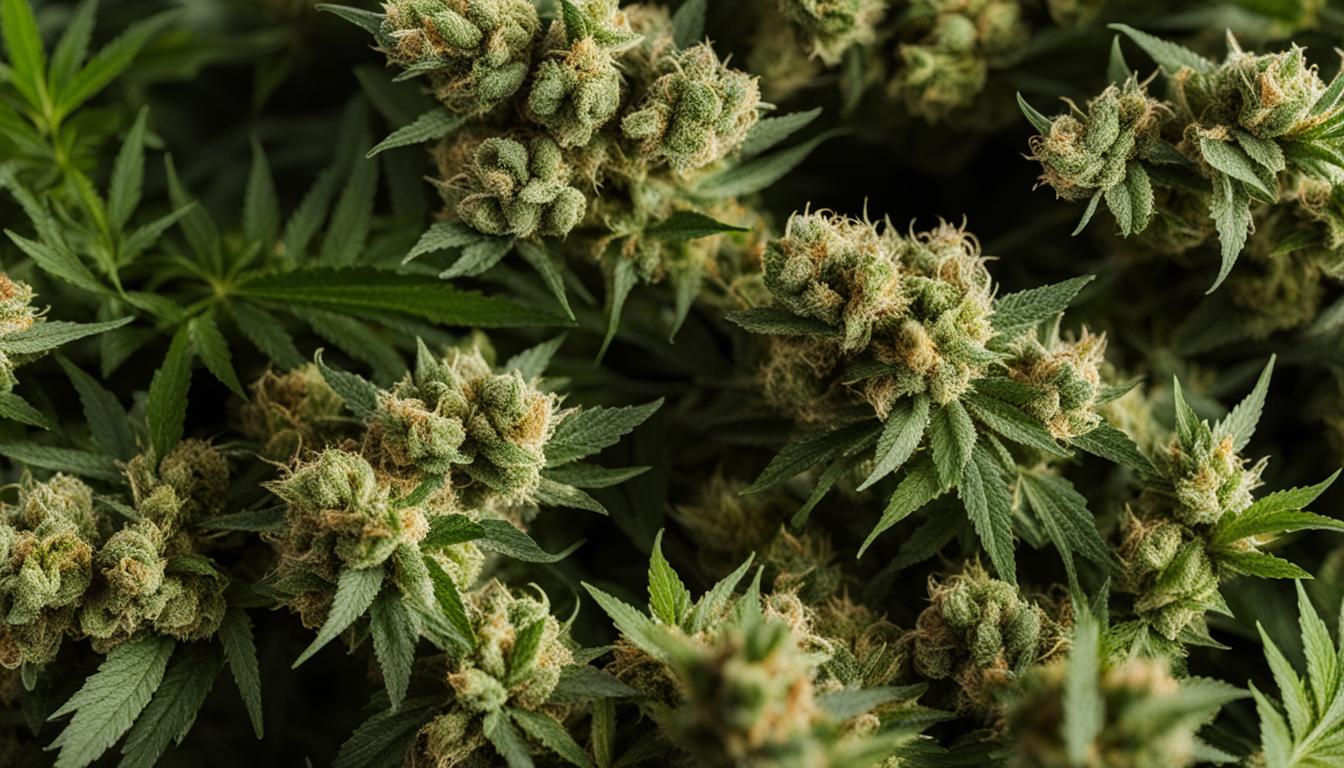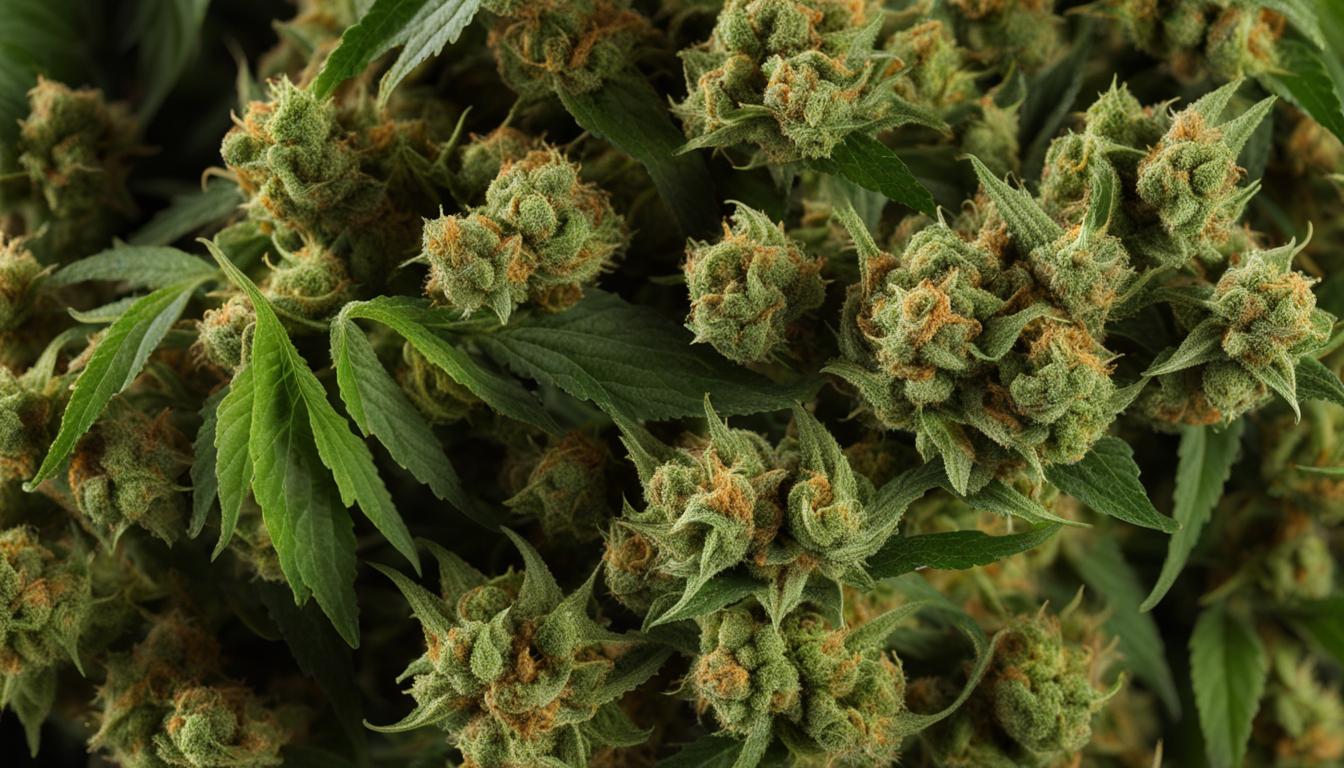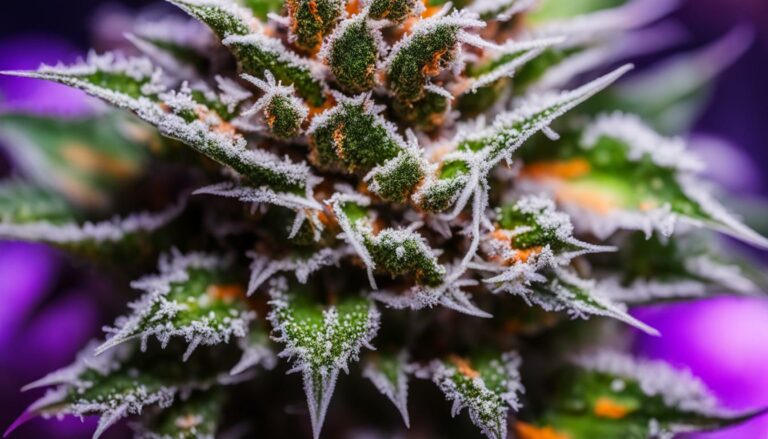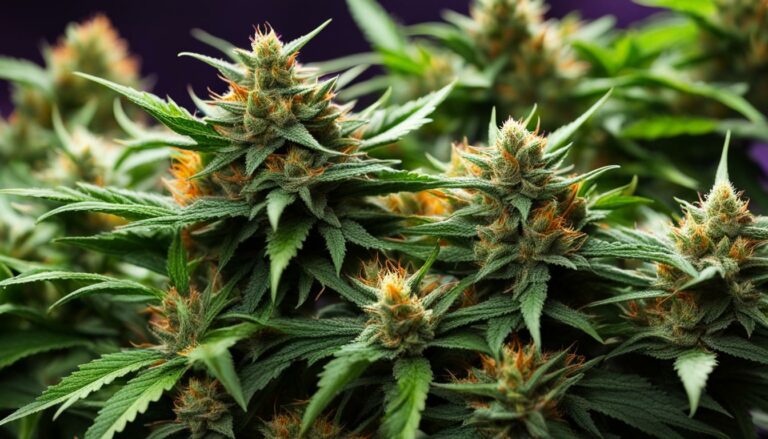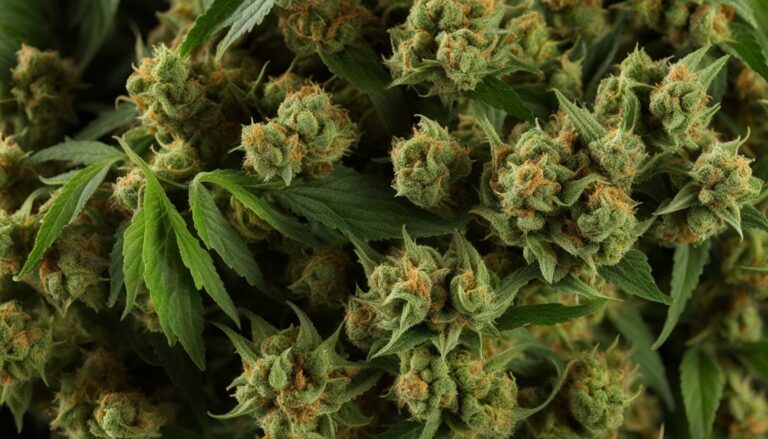The Best Soil Mix for Afghan Kush
Are you looking to grow Afghan Kush, one of the most sought-after cannabis strains? The key to successful cultivation lies in the soil mix you choose. A well-balanced and optimal soil mix is crucial for the growth and development of your Afghan Kush plants.
When it comes to Afghan Kush, the ideal soil mix is one that promotes proper root oxygenation, provides good drainage to prevent waterlogging, and retains enough moisture for the roots to absorb. It should also have a pH level of around 6 to create the right environment for the plants to thrive.
But what ingredients make up the best soil mix for Afghan Kush? Many growers prefer to use organic soil blends enriched with additives such as bat guano, worm castings, dolomite limestone, and mycorrhizal bacteria. These additives contribute to the plant’s overall health and growth.
Lightmix soil and peat-based soils are commonly used for growing Afghan Kush, especially during the early stages when seeds or seedlings are involved. For optimal results, it is recommended to use a light mix with low nutrient levels to avoid overwhelming the young plants.
Whether you are planning to grow Afghan Kush indoors or outdoors, finding the right soil mix is essential. The best soil mix provides the necessary nutrients, proper drainage, and a pH level that supports healthy plant growth.
Growing Afghan Kush Indoors
When it comes to growing Afghan Kush indoors, cannabis growers have a variety of soil options to choose from. The key to successful indoor cultivation lies in selecting the best soil that provides optimal nutrition, proper water retention, and effective drainage for the plants. Many reputable brands offer specialized soil mixes that are specifically designed for indoor cannabis cultivation. These soil blends are formulated to meet the unique needs of the plants and provide them with the essential nutrients necessary for healthy growth.
Indoor growers must create an ideal environment to maximize the potential of Afghan Kush. Fine-tuning the conditions in the grow room is crucial to ensure that the plants thrive. Choosing the right soil is an important step in this process. The best soil for cannabis indoors should have a well-balanced blend of organic matter, such as compost, coco coir, and worm castings, along with additives like blood meal, dolomite lime, and fish meal. These ingredients provide the necessary nutrients to support vigorous growth.
Using a high-quality soil mix not only ensures the provision of essential nutrients but also promotes proper water retention and drainage. Afghan Kush requires consistent moisture levels without overwatering, so a soil mix that strikes a balance between retaining water and allowing excess moisture to drain is ideal. This prevents issues such as root rot and nutrient deficiencies.

Table: Comparison of Different Soil Mixes for Afghan Kush Indoor Growing
| Soil Mix | Nutrient Composition | Water Retention | Drainage |
|---|---|---|---|
| Brand A | High nitrogen, potassium, and phosphorus content | Excellent water retention | Good drainage |
| Brand B | Organic matter and beneficial microbes | Optimal water retention | Enhanced drainage |
| Brand C | Blend of compost, coco coir, and worm castings | Well-balanced water retention | Effective drainage |
Table shows a comparison of different soil mixes available for Afghan Kush indoor growing. Each brand offers unique benefits, so it is essential to choose a soil mix based on the specific requirements of the grower and the plant.
Growing Afghan Kush Outdoors
When it comes to growing Afghan Kush outdoors, there are a few key considerations to keep in mind. Afghan Kush is a resilient strain that has been thriving in outdoor environments for thousands of years. However, to ensure optimal growth and a successful harvest, it’s important to choose the right soil for outdoor cannabis cultivation.
Factors to Consider
Before planting Afghan Kush outdoors, it’s essential to assess the existing soil conditions. Different outdoor soil types can work well for this strain, but it’s crucial to check the pH levels and make any necessary amendments. Afghan Kush prefers a slightly acidic soil with a pH of around 6, which provides the ideal environment for nutrient absorption.
Additionally, outdoor growers may need to supplement the soil with organic matter like well-rotted manure, compost, or other additives to enrich the nutrient content. These organic additions help promote healthy plant growth and enhance the overall soil structure.
Climate Considerations
When growing Afghan Kush outdoors, it’s crucial to consider the climate and temperature range, as these factors can significantly influence the plant’s health and productivity. Afghan Kush is known for its adaptability and can tolerate a range of climates, including colder regions. However, it’s important to protect the plants from excessive moisture and ensure proper airflow to prevent issues like mold or mildew.
By selecting a suitable outdoor soil mix, considering the specific climate conditions, and providing the necessary care, Afghan Kush can thrive and produce impressive yields in an outdoor growing environment.
| Soil Mix Type | Features | Pros | Cons |
|---|---|---|---|
| Existing Outdoor Soil | Requires pH testing and amendments | Cost-effective, natural | May lack sufficient nutrients |
| Soil Mix with Organic Additives | Enriches soil with nutrients and improves structure | Promotes healthy plant growth | Additional cost for organic materials |
| Commercial Blends for Outdoor Cannabis | Precisely formulated for outdoor cultivation | Convenient, proven results | Higher cost compared to homemade mixtures |
Homemade vs Store-bought Soil
When it comes to selecting the right soil for growing cannabis, both homemade and store-bought options have their advantages. Homemade soil mixtures allow growers to tailor the composition to their specific needs and preferences. By using a combination of ingredients like coco coir, perlite, compost, and additives such as blood meal, dolomite lime, and bat guano, growers can create a customized soil blend that provides the ideal conditions for their plants. This flexibility allows for experimentation and the ability to adjust the soil mix as needed.
On the other hand, store-bought soil offers convenience and consistency. Many reputable brands offer pre-mixed soil blends specifically designed for cannabis cultivation. These ready-made soils have been formulated to provide the optimal balance of nutrients, water retention, and drainage. For less experienced growers, store-bought soil can be a reliable option, as it takes away the guesswork and ensures that the plants receive the necessary nutrients from the start.
It is worth noting that homemade soil mixtures can be time-consuming and require access to various ingredients. Additionally, the quality of the ingredients and the expertise of the grower can greatly impact the effectiveness of homemade soil. Store-bought soil, on the other hand, may be more expensive but offers a proven track record and consistent results. The choice between homemade and store-bought soil ultimately depends on the grower’s preferences, available resources, and level of experience.
| Homemade Soil | Store-bought Soil |
|---|---|
| Customizable | Consistent |
| Requires time and effort | Convenient |
| Allows for experimentation | Proven results |
| Dependent on the grower’s expertise | Quality assurance |
Conclusion
The Best Soil Mix for Afghan Kush is essential for the successful cultivation of this remarkable strain. To achieve optimal growth and yields, the ideal soil mix must provide the necessary nutrients, excellent drainage, proper water retention, and maintain a suitable pH level.
Based on extensive research and experience, a recommended soil mix for Afghan Kush includes a blend of organic components, additives, and high-grade nutrient-rich soil or compost. Lightmix soil and peat-based soils have consistently shown positive results in supporting the vigorous growth of Afghan Kush.
Whether you choose to grow Afghan Kush indoors or outdoors, it is crucial to consider the specific needs of the strain and adjust the soil mix accordingly. By fine-tuning the soil composition, you can create an environment that encourages the plant’s health, vitality, and prolific yields.
Ultimately, the choice of soil mix for Afghan Kush is a personal one, guided by your preferences, experience, and available resources. Experimentation with different ingredients and ratios can lead to discovering the perfect blend that makes your Afghan Kush thrive. With the Best Soil Mix for Afghan Kush, you are one step closer to unlocking the full potential of this exceptional cannabis strain.
FAQ
What are the key considerations for the best soil mix for Afghan Kush?
The best soil mix for Afghan Kush should have a light and airy texture, good drainage, proper moisture retention, a pH around 6, and contain necessary nutrients like nitrogen, potassium, and phosphorus.
What are some recommended soil options for growing Afghan Kush indoors?
Many top brands offer soil mixes suitable for indoor cannabis cultivation. It is important to select a soil that provides excellent nutrition, good water retention properties, and drainage.
Can Afghan Kush be grown in outdoor soil?
Yes, Afghan Kush can grow well in various outdoor soil types. Experienced outdoor growers may test the soil and make amendments accordingly. It is important to consider the climate and temperature range when growing Afghan Kush outdoors.
Is homemade soil mix preferable to store-bought soil for growing Afghan Kush?
It depends on the grower’s preferences, time, and resources. Homemade soil mixtures can be customized, but ready-made soil blends offer proven results and convenience.
What is the ultimate goal when choosing the best soil mix for Afghan Kush?
The best soil mix for Afghan Kush aims to provide the necessary nutrients, good drainage, water retention, and suitable pH level. With the right soil mix, Afghan Kush can thrive and produce bountiful yields.

